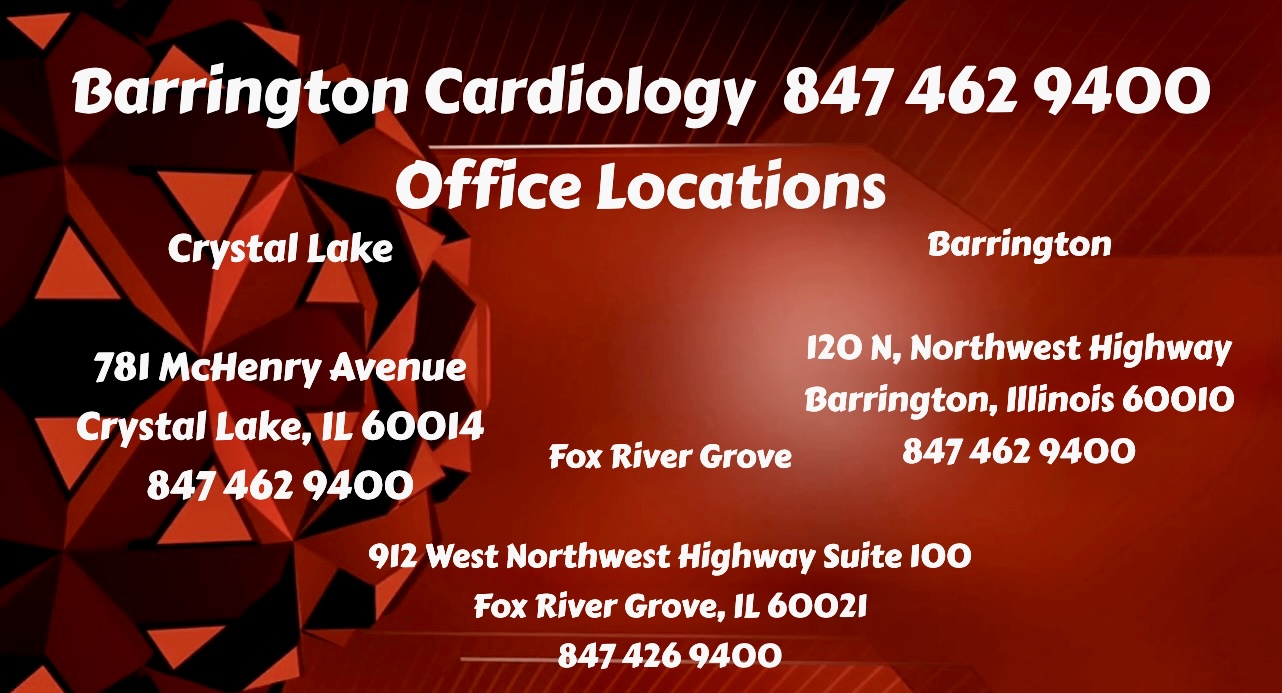“Healthy Hearts . Youth to Youth” Are we preventing too late?
Prevention means early identification. Are we preventing too late? You know you need to care for your heart as you age, but what about when you’re younger? The Journal of the American College of Cardiology’s journal recently published an interesting letter revealing a strong correlation between high cholesterol and elevated blood pressure in younger adults











Vasovagal Syncope . The most common cause of fainting
What is Vasovagal ( VVS) syncope? VVS is the most common form of fainting occurring mostly in young adults, though it can occur at any age. It’s also called reflex, neurocardiogenic, neurally mediated syncope or vasodepressor syncope. It happens when the nervous system that regulates blood pressure and heart rate malfunctions in response to a
Read More
Share this:
Like this: